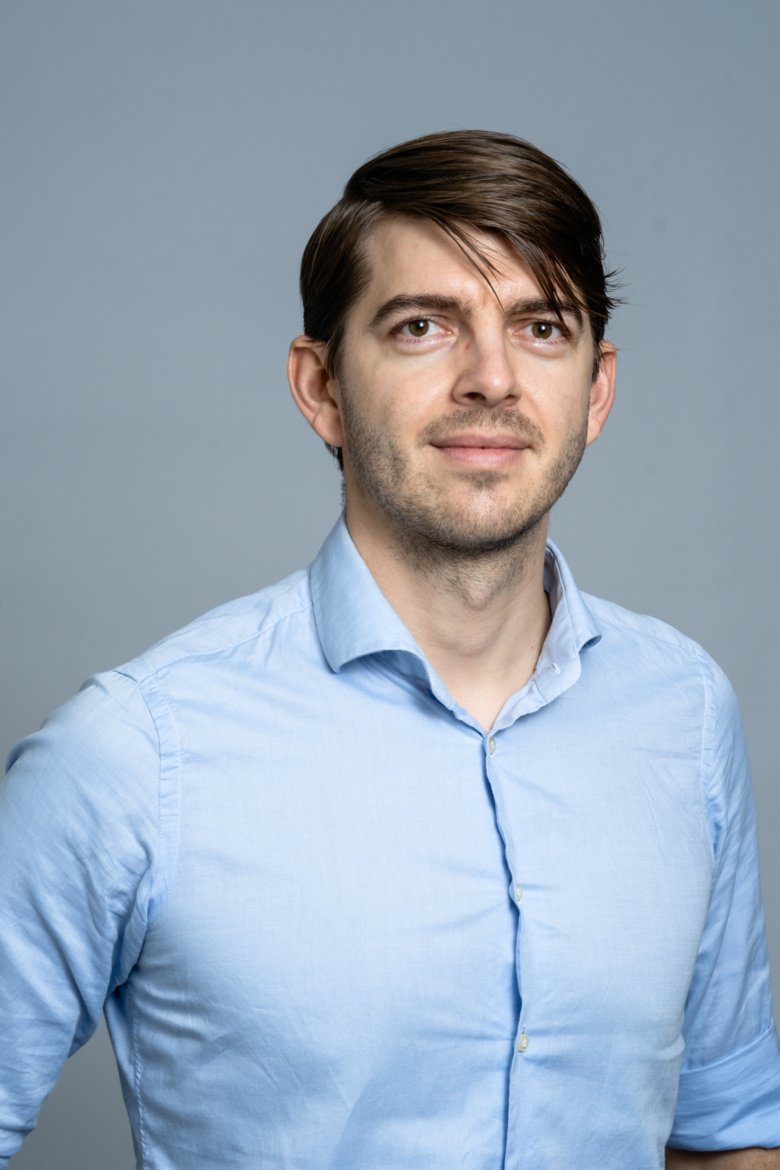StratNeuro awards start-up grants to five KI researchers

The StratNeuro Start-up Grant is intended to support outstanding Neuroscience researchers at the beginning of their careers, who have received a Vetenskapsrådet (VR) starting grant or a Karolinska Institutet faculty-funded assistant professor grant.
StratNeuro has awarded a SEK 1,000,000 start-up grant to each of the following researchers (in alphabetical order):
- Hong Xu: “Dementia and Kidney Disease: Epidemiological Approaches to Risk Factors and Treatment Strategies”
- Kyla McKay: “Heterogeneity in the MS prodrome and impact on disease progression”
- Laurence Picton: “Motion of the CNS: intraspinal proprioception for mammalian motor control”
- Roberta Filograna: “Novel mechanistic insights into the role of mitochondria in Parkinson’s disease”
- Michael Ratz*: “Molecular dissection of neural circuit assembly”
* Michael Ratz is currently a visiting researcher Karl Deisseroth’s lab at Stanford University (CA, USA), and he will receive this startup grant when his employment position to start his lab at KI is formalized.
Two of our StratNeuro startup grant awardees this year, Hong Xu and Laurence Picton, had earlier received the 2020 StratNeuro funding for postdoctoral researchers, which reinforces the StratNeuro commitment to fostering a new generation of research leaders in neuroscience.
We got in touch with the awardees to ask them about their projects, what they hope to achieve and what the grant means for them and their new research team.
Hong Xu, Karolinska Institutet, Department of Neurobiology, Care Sciences and Society (awarded a 2022 VR starting grant)
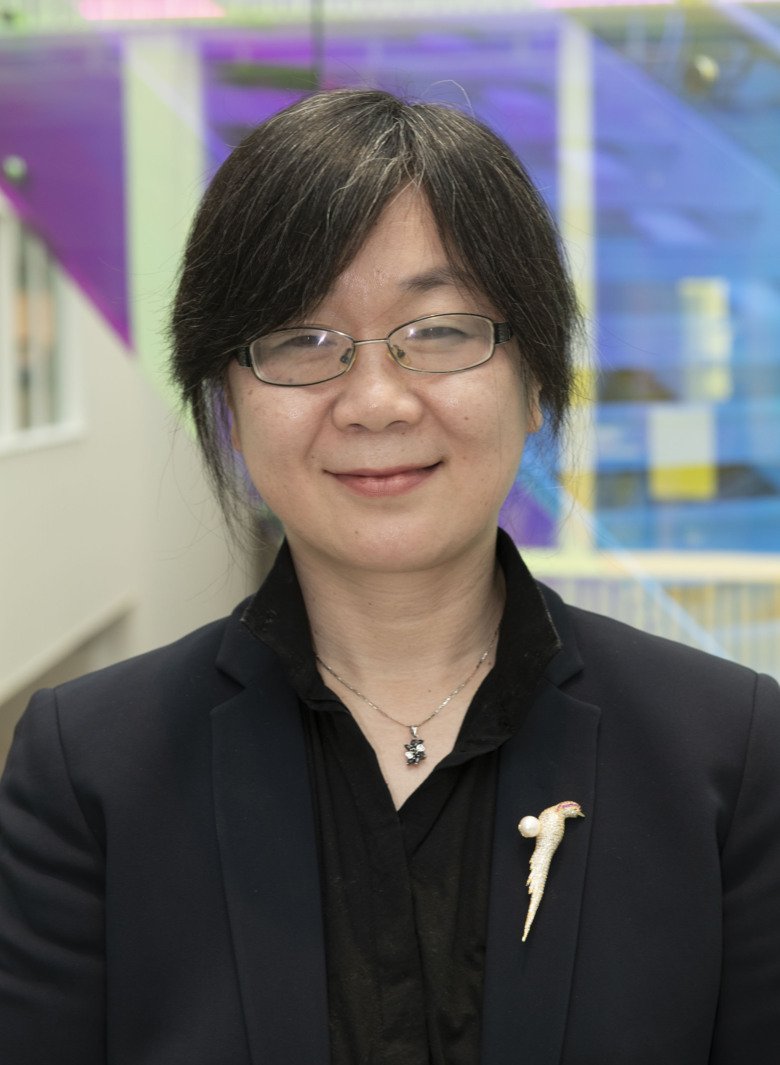
This grant will help me to establish my research field and allow me to employ a new postdoc researcher in our research group.
We intend to explore the association between kidney disease and dementia, particularly investigating whether kidney disease and its associated medications have an effect on the risk of dementia and its progression.
We hope that our research may help healthcare policymakers to develop and implement appropriate strategies for screening and monitoring for dementia in persons with kidney disease and vice versa, as well as assist in health service planning. A cure for dementia is currently not imminent, but prevention strategies are more likely to be successful.
Kyla McKay, Karolinska Institutet, Department of Medicine, Solna and Department of Clinical Neuroscience (awarded a 2022 KI faculty-funded Assistant Prof position)
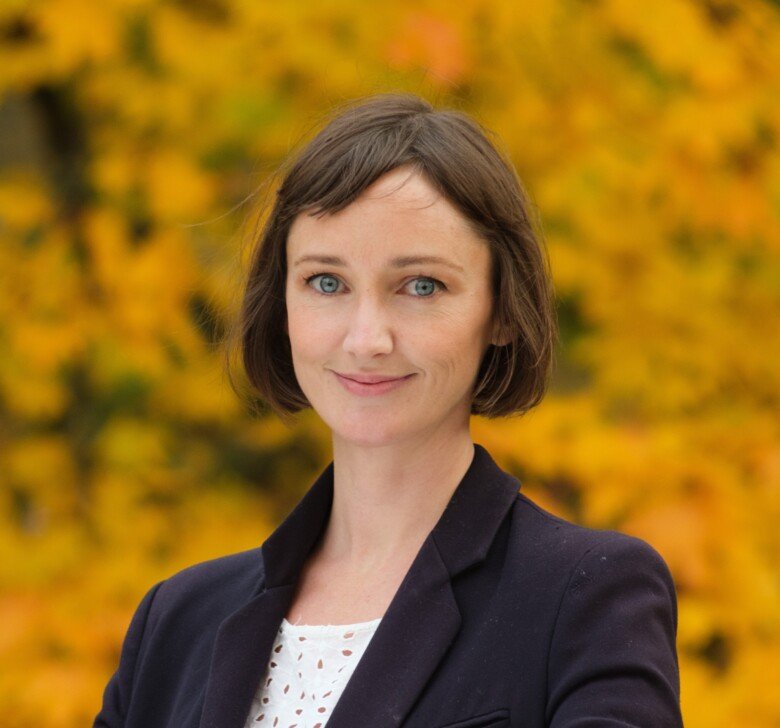
Recently, the ‘prodromal period’ of multiple sclerosis (MS) was identified, in which distinct patterns of healthcare use were seen in the five years prior to MS onset. Our aim is to further characterize this period in unique subsets of patients, including persons with paediatric-onset MS.
We are collaborating with two renowned experts in MS epidemiology, Professor Helen Tremlett at the University of British Columbia, as well as Professor Ruth Ann Marrie from the University of Manitoba, Canada.
This grant will be the first opportunity for me as a Team Leader to expand my research group, as I intend to use it to recruit a postdoctoral fellow. The current study requires complex statistical analysis for which I hope to draw someone with machine learning expertise.
Laurence Picton, Karolinska Institutet, Department of Neuroscience (awarded a 2022 VR starting grant)
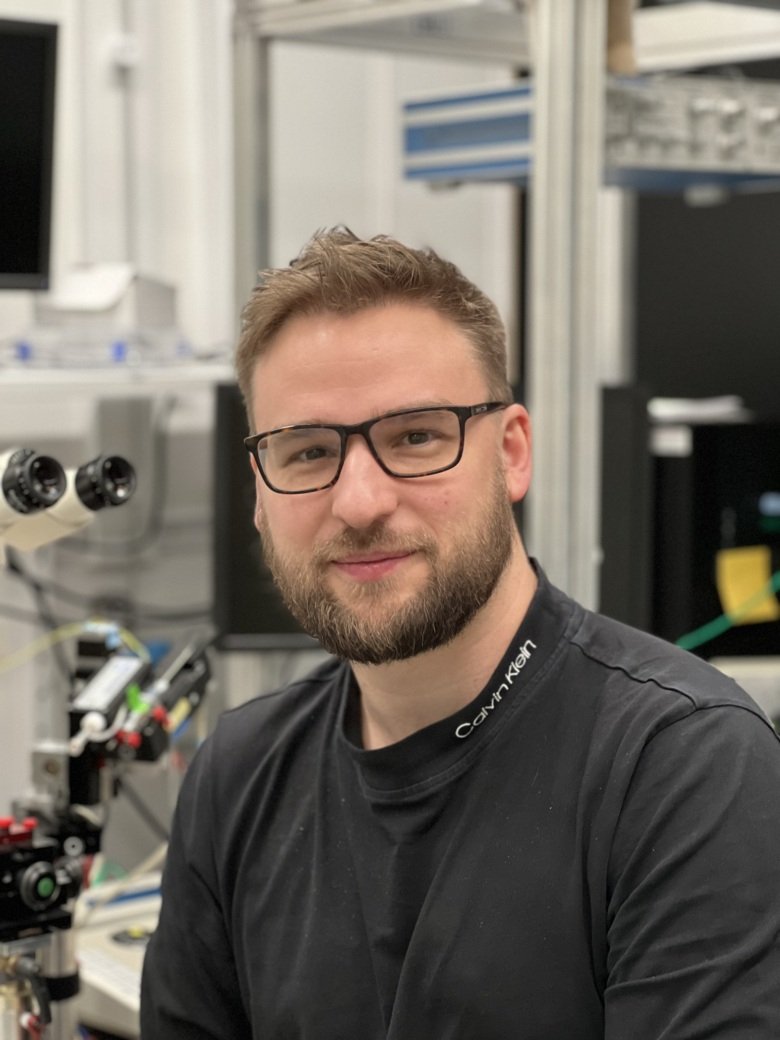
During movements of the body, our spinal column and inner central nervous system are subject to profound changes in shape and tension. How these changes in tension are sensed and integrated into our motor networks has not been investigated in mammals.
My project aims to understand spinal cord biomechanics during behavior and to reveal the intraspinal sensory systems involved in its detection and control. The outcomes of the project have clear translational potential, and a long-term goal is to be involved in investigations into spinal cord biomechanics in humans, which remains an extremely poorly understood yet important topic.
This grant is an excellent opportunity that will be important for the development of my lab. The funding will help me establish the space and equipment needed to conduct my experiments.
Roberta Filograna, Karolinska Institutet, Department of Medical Biochemistry and Biophysics (awarded a 2022 VR starting grant)
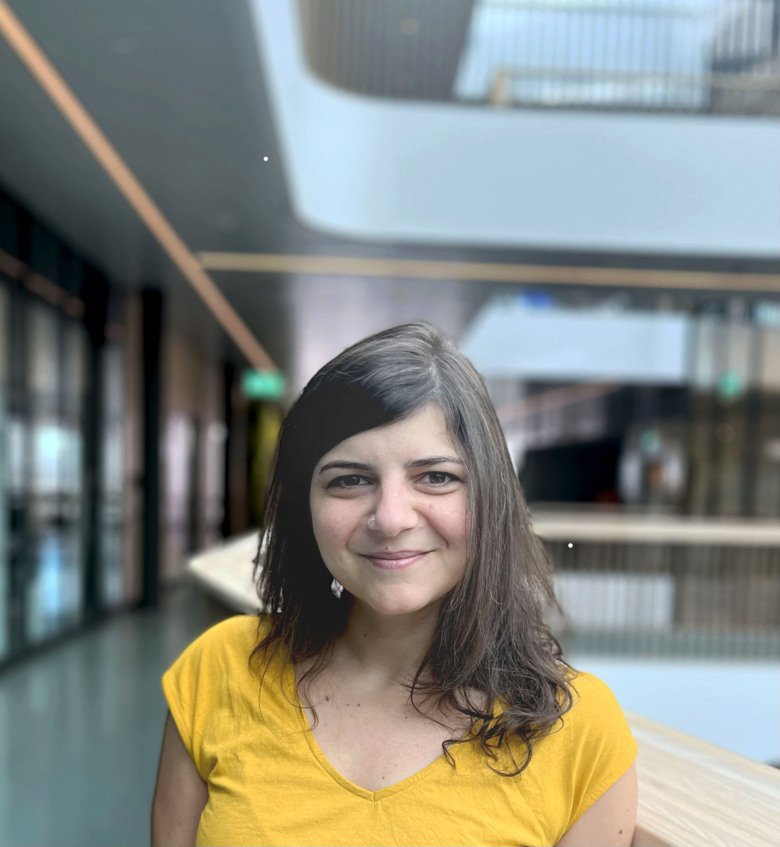
This project laid its roots during both my graduate and postdoctoral studies and aims to tackle the missing link between mitochondrial function and Parkinson’s disease (PD). Growing evidence indicates that mitochondrial dysfunction is heavily implicated in both sporadic and familial PD forms, although the underlying molecular mechanisms remain unclear. The overarching goal of my team is to unravel how mitochondrial fitness is involved in PD pathophysiology.
I believe that our initial studies will define novel mechanistic insights in the molecular basis of Parkinson’s disease. Based on these finding, in the future, we will work on the identification of potential targets for treatment, even when the primary disease defect is not of mitochondrial origin.
This start-up grant provides important funding for the establishment of my research group and is therefore an excellent opportunity to strengthen my independence and to create partnerships within the StratNeuro community.
